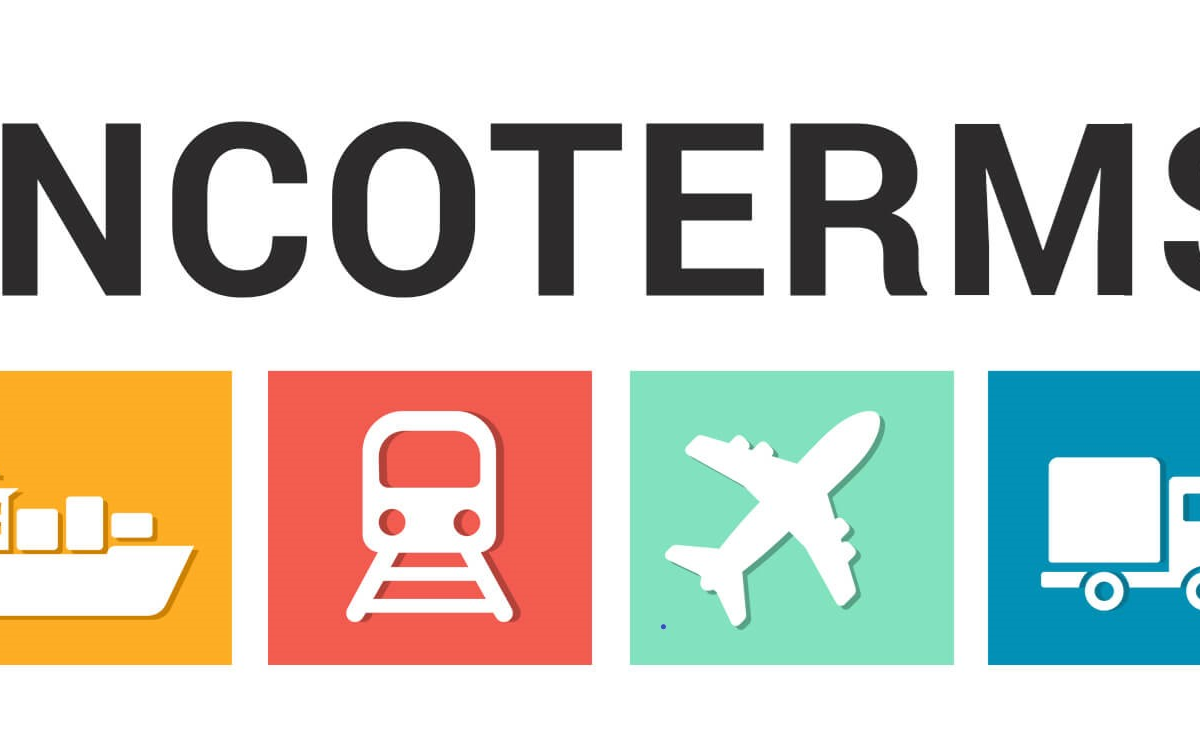
Global Supply Chains Face Triple Threat: Customs Crackdowns, Port Strikes, and Red Sea Conflict 🌎
The global supply chain is navigating a complex landscape. Trade policy shifts, labor disputes, and international conflicts are placing immense pressure on global commerce. Industries must adapt and policymakers must respond to these challenges.
U.S. Customs Cracks Down on E-commerce
The U.S. Customs and Border Protection (CBP) has suspended several brokers. These brokers work for popular e-commerce companies like Shein and Temu. CBP is scrutinizing a fast-track clearance program that allows duty-free entry for shipments. This program covers shipments valued at $800 or less. CBP suspects “bad actors” are exploiting this channel to smuggle contraband, including materials for fentanyl production. The crackdown will likely cause widespread delays for the more than 1 billion packages arriving in the U.S. this year. Lawmakers argue that the duty-free rule gives foreign firms an unfair advantage. This action also reflects growing political pressure to protect U.S. businesses.
East and Gulf Coast Ports Face a Strike Threat
The U.S. supply chain faces another significant potential disruption. The International Longshoremen’s Association (ILA) has suspended negotiations with port operators. The ILA is the largest union of maritime workers in the U.S. They have concerns about job security and the use of automated gates by APM Terminals. This standoff mirrors previous labor disputes on the West Coast. A strike at East and Gulf Coast ports would create major delays, increase transportation costs, and cause product shortages. These problems would ripple across various industries. Shippers may seek alternative routes through West Coast or Mexican ports. This could further strain capacity and drive up freight rates.
Red Sea Conflict Threatens Yemen Peace
The U.S. and its allies are intensifying a campaign against Houthi militants. They aim to curb the Houthis’ maritime attacks in the Red Sea. In a recent move, the U.S. has signaled that a U.N.-led peace deal for Yemen cannot proceed. They demand the Houthis first stop their aggression. This puts a fragile two-year truce at risk and could reignite land fighting. The internationally-recognized Central Bank of Yemen is also taking measures against banks in Houthi-controlled areas. They want to cut off the Houthis’ access to foreign currency. These actions show how interconnected global conflicts and trade truly are.



